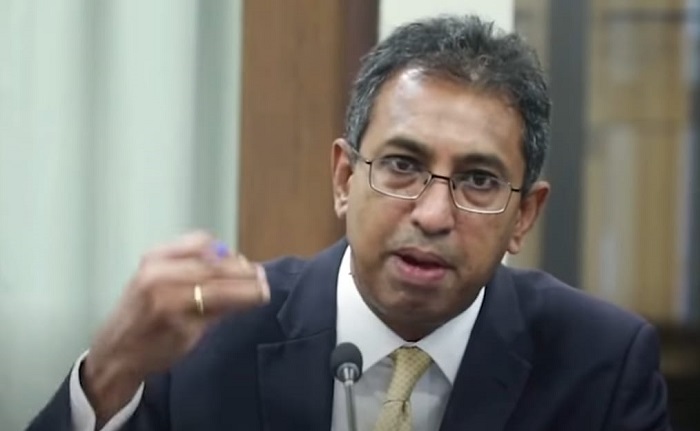
Opposition MP Dr. Harsha de Silva has raised concerns regarding the proposed imputed rent tax under Sri Lanka’s agreement with the International Monetary Fund (IMF), which recently caused an uproar in Parliament and among the public.
Issuing a statement, the Samagi Jana Balawegaya (SJB) MP emphasized that this tax, categorized as an income tax rather than a property tax, could disproportionately impact a wide range of income earners.
Providing a detailed analysis, Dr. de Silva pointed out that an individual with a monthly salary of Rs. 150,000 currently pays Rs. 3,500 in taxes.
He said, however, if the same individual is subject to an imputed rental income of Rs. 100,000 per month, their tax liability would skyrocket to Rs. 21,000 per month, unless there are adjustments to tax thresholds and rates.
The proposal aims to collect Rs. 150 billion by 2026, necessitating a broad tax net, but its fairness and practicality are under scrutiny.
MP de Silva challenged the Ministry of Finance’s claim that only the very wealthy would be affected by the new tax.
He further questioned how the Treasury plans to raise Rs. 150 billion—equivalent to 0.8% of GDP—by 2026 through the taxation of imputed rental income, implying a wider impact than stated.
The SJB MP, however, commended President Ranil Wickremesinghe’s promise to amend the IMF agreement, taking into account strong objections from the party and other concerned groups.
MP Harsha de Silva specifically called for the exclusion of “owner-occupied houses” from the proposed imputed rent tax to protect ordinary homeowners from excessive financial burdens. (Newswire)
